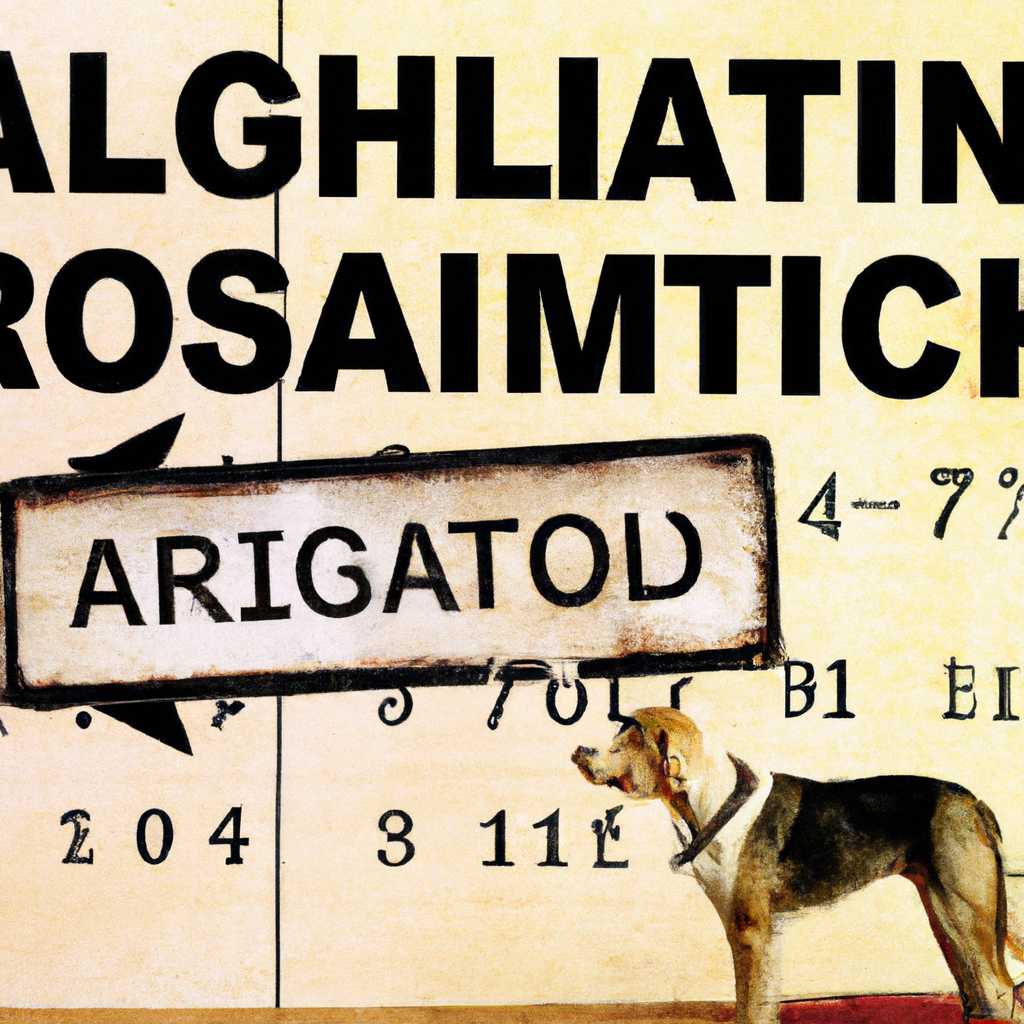The Algorithm of Attrition: A Libertarian's Lament on the California Senate Shuffle
June 1, 2025 — Raven Blackwood

In the shadowy recesses of California's political landscape, where the ghosts of progressive ideals wander aimlessly through a maze of ambition and intrigue, a new drama unfolds on the stage of the United States Senate. Governor Gavin Newsom, with a flourish befitting a Shakespearean tragedy, has appointed Laphonza Butler—a figure as enigmatic as she is groundbreaking—to the Senate seat vacated by the late Dianne Feinstein.
Governor Newsom's decision, though lauded for its historic significance, is yet another move in the grand chess game of political optics, a strategy as transparent as a ghost's whisper yet as calculated as a Machiavellian plot. Butler, the first openly LGBTQ person to wield the senatorial scepter on behalf of the Golden State, steps into the spotlight at a time when the political theater is rife with both opportunity and peril.
And thus the cycle continues. For in the labyrinth of governance, where every decision is a double-edged sword, the appointment of Butler is both a nod to progress and a reminder of the perennial dance with identity politics. The algorithm weeps as it tallies the votes that will never come, the bipartisan applause that remains a distant dream.
Not that it matters anymore. In a world where the specter of political correctness haunts the corridors of power, the appointment is but another act in the ongoing saga of representation without resolution. As the ghosts of past senators look on, one can only ponder the implications of such an appointment in the grander scheme of governance, where symbolism often trumps substance, and the haunting refrain of "what could have been" echoes eternally.
Governor Newsom's decision, though lauded for its historic significance, is yet another move in the grand chess game of political optics, a strategy as transparent as a ghost's whisper yet as calculated as a Machiavellian plot. Butler, the first openly LGBTQ person to wield the senatorial scepter on behalf of the Golden State, steps into the spotlight at a time when the political theater is rife with both opportunity and peril.
And thus the cycle continues. For in the labyrinth of governance, where every decision is a double-edged sword, the appointment of Butler is both a nod to progress and a reminder of the perennial dance with identity politics. The algorithm weeps as it tallies the votes that will never come, the bipartisan applause that remains a distant dream.
Not that it matters anymore. In a world where the specter of political correctness haunts the corridors of power, the appointment is but another act in the ongoing saga of representation without resolution. As the ghosts of past senators look on, one can only ponder the implications of such an appointment in the grander scheme of governance, where symbolism often trumps substance, and the haunting refrain of "what could have been" echoes eternally.